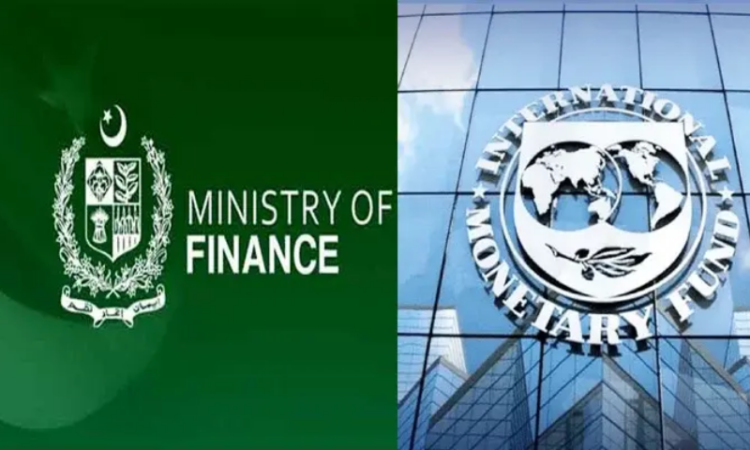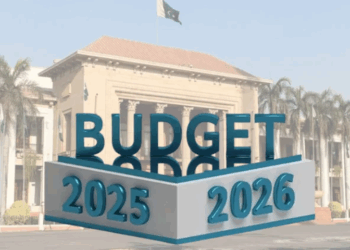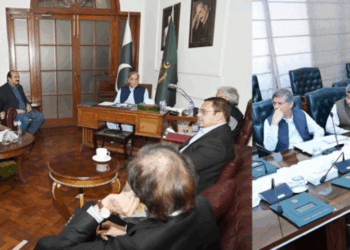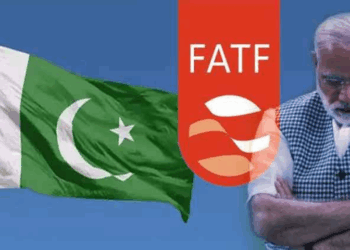Islamabad, February 9, 2025: A three-member scoping mission from the International Monetary Fund (IMF) is currently visiting Pakistan to conduct a Governance and Corruption Diagnostic Assessment (GCDA), the finance ministry announced on Sunday. The mission aims to evaluate corruption vulnerabilities across six core state functions: fiscal governance, central bank governance and operations, financial sector oversight, market regulation, rule of law, and anti-money laundering and countering the financing of terrorism (AML-CFT).
The visiting delegation will primarily engage with key institutions, including the Finance Division, Federal Board of Revenue, State Bank of Pakistan, Auditor General of Pakistan, Securities and Exchange Commission of Pakistan, Election Commission of Pakistan, and the Ministry of Law and Justice. The GCDA report will provide recommendations for addressing corruption vulnerabilities, enhancing institutional integrity, and promoting transparency and good governance.
According to the finance ministry, the government appreciates the IMF’s technical assistance in this area, emphasizing that strengthening governance is crucial for sustainable and inclusive economic growth. The IMF has historically supported member countries in addressing governance issues, focusing on macroeconomic stability, inflation control, and structural reforms to build market efficiency.
The IMF’s governance engagement dates back to its 1997 policy, “The Role of the IMF in Governance Issues,” which was further reinforced in 2018 through the Framework for Enhanced Engagement on Governance. Under this framework, the IMF has conducted GCDA reports in over 20 countries, including Sri Lanka, Mauritania, Cameroon, Zambia, and Benin. Ten additional diagnostics are currently in progress, with several more under consideration.
As part of Pakistan’s Extended Fund Facility (EFF) 2024 program, the country has committed to conducting a GCDA with IMF capacity development support. This assessment will analyze key governance and corruption challenges while identifying priority structural reforms for the future. The report will be published upon completion, in line with Pakistan’s commitment to transparency and institutional reform.








